Joan McNamara Center for New Directions

Overview
Joan McNamara Center for New Directions is an substance abuse treatment center that provides inpatient detoxification, for men and women from 18+ years of age. As part of their special programs, Joan McNamara Center for New Directions treats clients who have experienced trauma. To help patients achieve sobriety, Joan McNamara Center for New Directions provides intake assessments. Afterward, patients receive trauma-related counseling and individual psychotherapy. during treatment. Joan McNamara Center for New Directions is located in Tucson, Arizona, providing treatment for people in Pima County, accepting 638 contracts, medicaid, and private health insurance.
Joan McNamara Center for New Directions at a Glance
Payment Options
- 638 contracts
- Medicaid
- Private health insurance
- Cash or self-payment
Assessments
- Comprehensive mental health assessment
- Comprehensive substance use assessment
Age Groups
- Adults
- Young adults
Operation
- Private for-profit organization
Highlights About Joan McNamara Center for New Directions
6.61/10
With an overall rating of 6.61/10, this facility has following balanced range of services. Alcohol Rehabilitation: 8.00/10, Drug Rehab and Detox: 6.31/10, Insurance and Payments: 6.00/10, Treatment Options: 6.12/10.-
Alcohol Rehabilitation 8.00
-
Drug Rehab and Detox 6.31
-
Treatment Options 6.12
-
Insurance and Payments 6.00
Treatment At Joan McNamara Center for New Directions
Treatment Conditions
- Mental health treatment
- Alcoholism
- Opioid Addiction
- Substance use treatment
- Co-occurring Disorders
Care Levels
- Detoxification
- Hospital inpatient treatment
Treatment Modalities
- Trauma-related counseling
- Individual psychotherapy
Ancillary Services
Languages
- Sign language services for the deaf and hard of hearing
- Spanish
Special Programs
- Clients who have experienced trauma
Get Help Now
Common Questions About Joan McNamara Center for New Directions
Contact Information
Other Facilities in Tucson
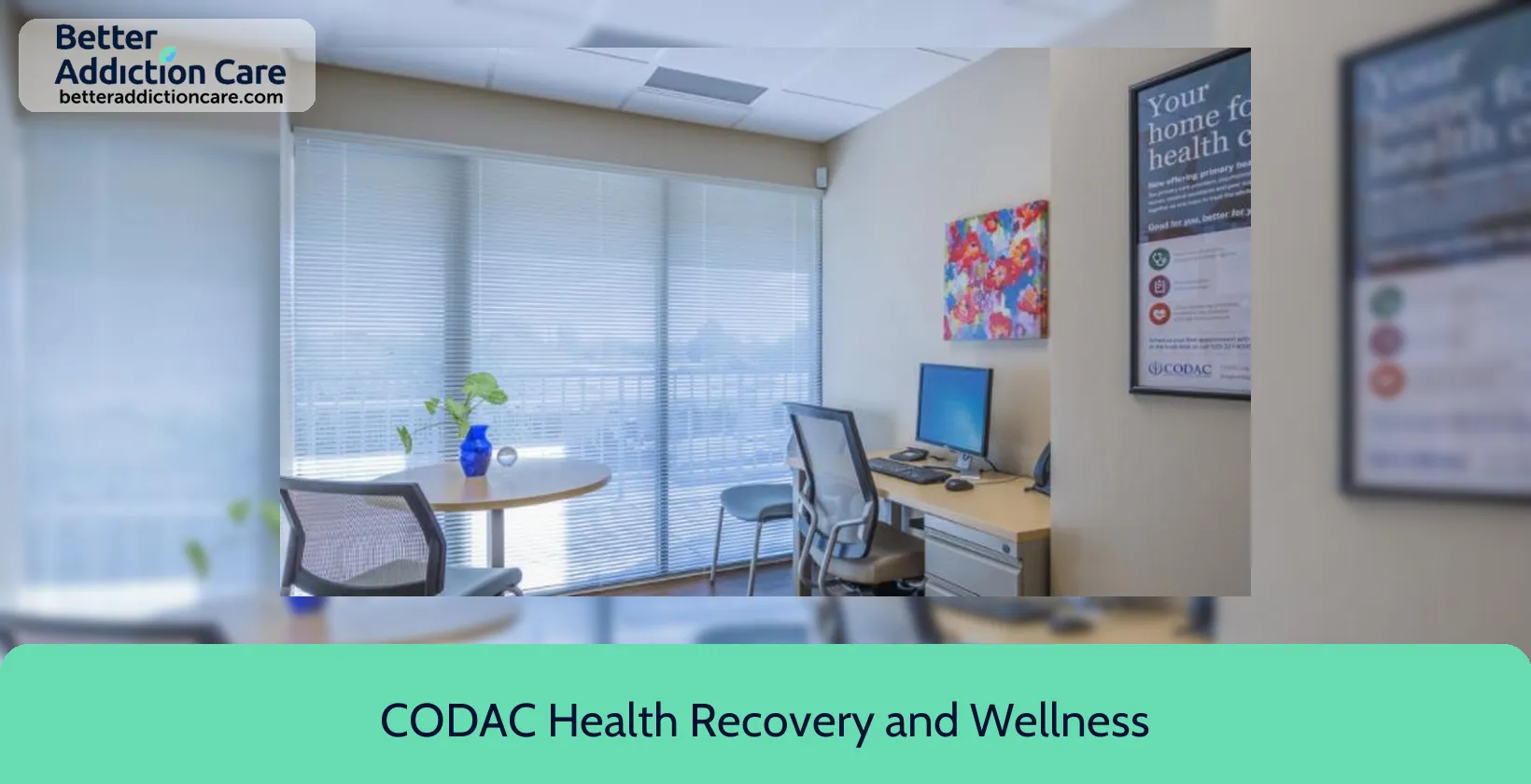
7.81
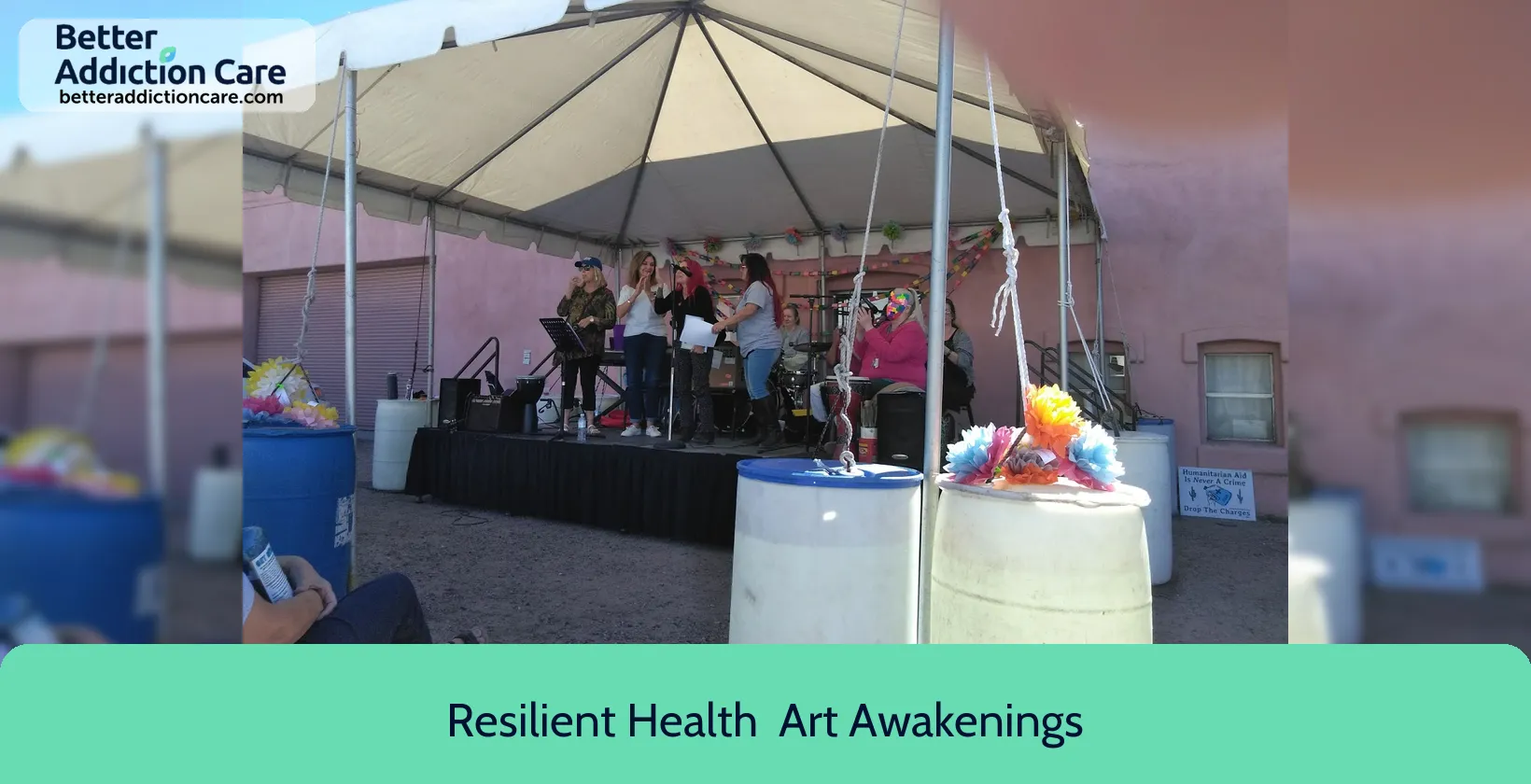
6.68
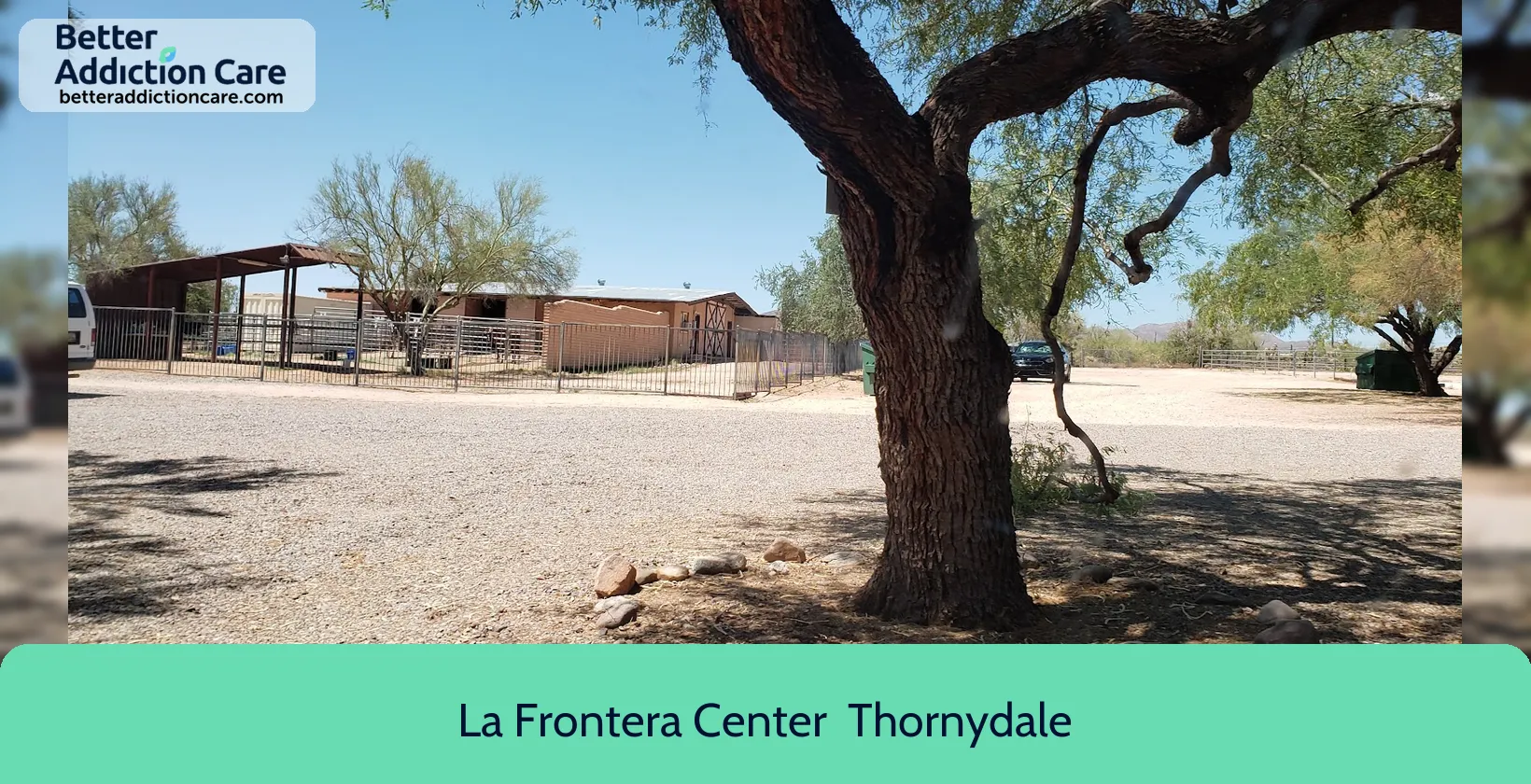
6.68
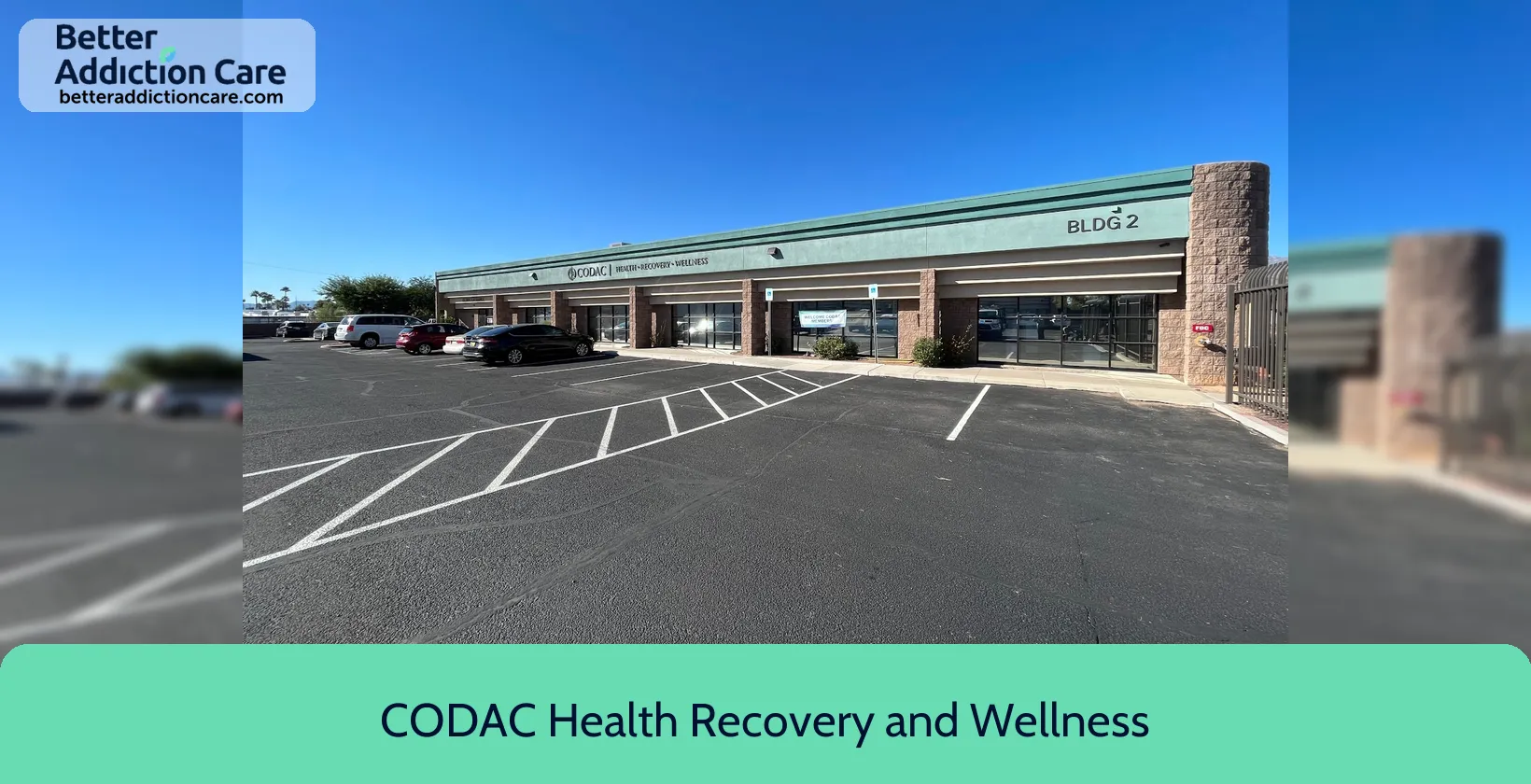
7.49
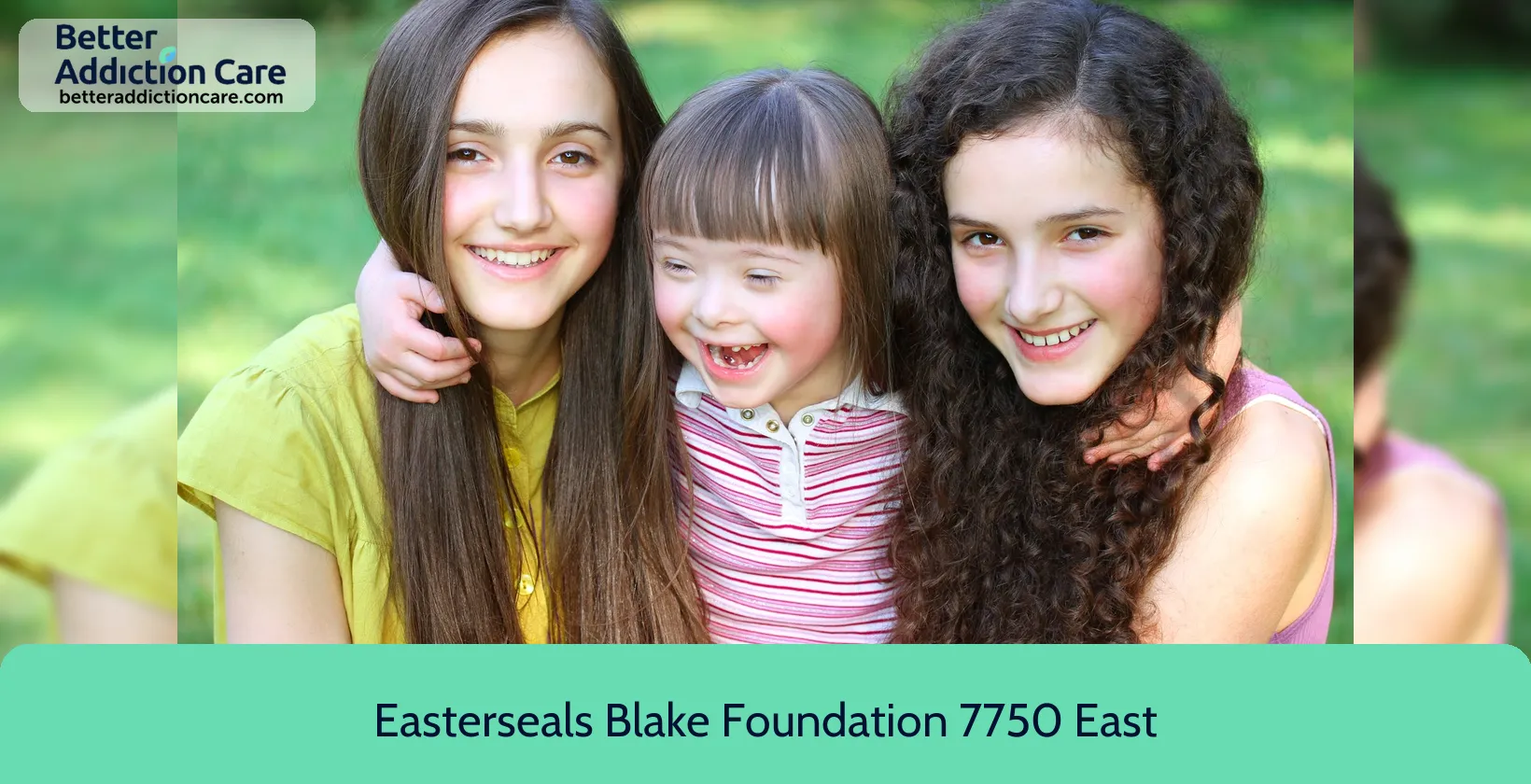
7.08
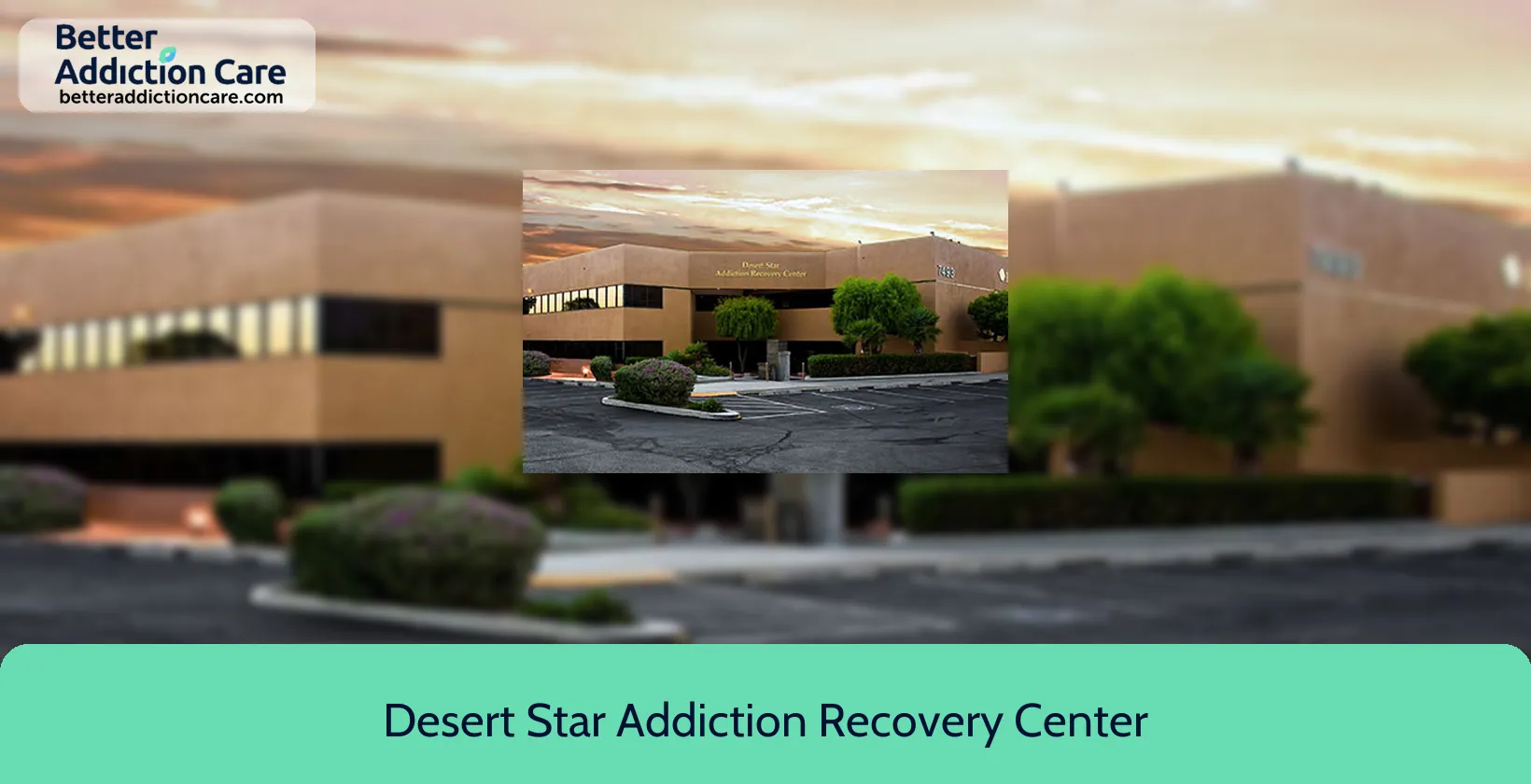
7.14

7.27

7.78
DISCLAIMER: The facility name, logo and brand are the property and registered trademarks of Cottonwood Tucson, and are being used for identification and informational purposes only. Use of these names, logos and brands shall not imply endorsement. BetterAddictionCare.com is not affiliated with or sponsored by Cottonwood Tucson.
